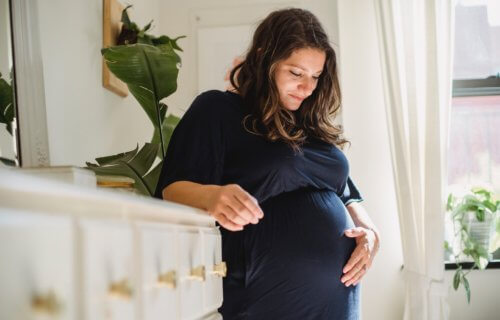EDINBURGH, Scotland — Expectant mothers can reduce the risk of premature birth by getting out in the sun during early pregnancy, according to a recent study. Researchers from the University of Edinburgh find women who get more sunlight in their first trimester reduce the chances of developing problems with their placenta that could lead to preterm birth and baby loss. The likelihood of those getting the least amount of sunlight giving birth prematurely is ten percent higher than women getting the highest levels.
Complications caused by preterm birth – defined as babies born alive before 37 weeks of pregnancy – are the leading cause of death in children under five years-old. Survivors of preterm birth have higher rates of disability, including learning disabilities and visual and hearing problems, than those born at term.
The Scottish team analyzed maternity care data for nearly 400,000 mothers and more than 500,000 babies born after 24 weeks of pregnancy. They cross-checked maternity records of all single live births in Scotland between 2000 and 2010 with postcode-specific weather records from the same period. Sun exposure in the second trimester did not appear to have any impact on premature birth risk.
Researchers believe their findings – which were independent of other risk factors, such as age and smoking – could help shape the advice given to families during pregnancy. However, the team adds they’ll need to conduct more studies to better understand the link between sunshine and premature birth. Experts are already investigating whether artificial light can boost pregnancy health, to benefit parents in places with limited sunlight.
How does sunlight contribute to good health?
Previous research has discovered that when the sun’s rays hit human skin, our blood vessels release a compound called nitric oxide that helps lower blood pressure. That suggests exposure to sunlight improves health overall because the benefits of reducing blood pressure far outweigh the risk of developing skin cancer.
Sunlight also directly contributes to vitamin D production, which helps with the development of an unborn baby’s bones, teeth, kidneys, heart, and nervous system. Previous research from the same group has shown sunnier areas display a link to fewer deaths from COVID-19, and that increased sunlight exposure lowers blood pressure and results in fewer heart attacks.
“The role of sunlight is an exciting new avenue for research into preterm birth prevention. This study is important because it provides further data reminding us that sunlight has health benefits as well as risks,” says Dr. Sarah Stock from Edinburgh’s Usher Institute in a university release.
This research is published in the scientific journal Frontiers in Reproductive Health.
South West News Service writer Ellie Forbes contributed to this report.
